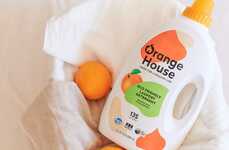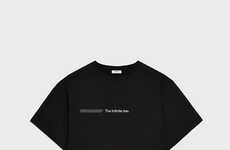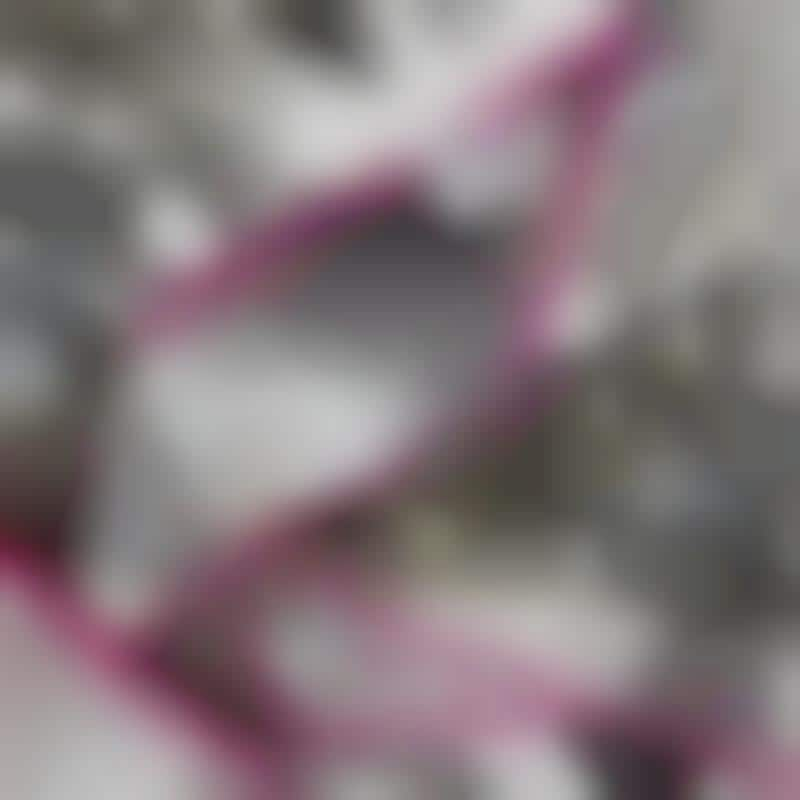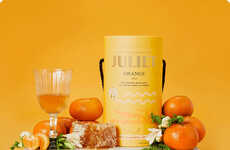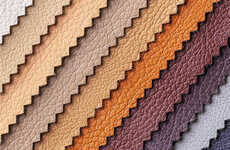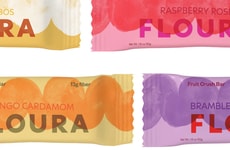
Orange Fiber is the First Brand to Make Fabric from Juice Byproducts
Mishal Omar — May 15, 2017 — Eco
References: orangefiber.it & orangefiber.it
Orange Fiber is a sustainable Italian textile company, with the brand Salvatore Ferragamo being the first fashion house to use its textiles in its collection.
The Orange Fiber brand is the first of its kind, with its extremely unique products being made from citrus juice byproducts. Had Orange Fiber not decided to use these byproducts to create its textiles, they would otherwise have been left to waste. The textiles are made from a "silk-like cellulose that can blend with other materials" and offer a soft, lightweight and silky texture that can either be opaque or shiny depending on the needs of the purchaser.
This textile brand's innovative and eco-friendly approach to fabric production makes it highly distinct when compared to its competitors.
The Orange Fiber brand is the first of its kind, with its extremely unique products being made from citrus juice byproducts. Had Orange Fiber not decided to use these byproducts to create its textiles, they would otherwise have been left to waste. The textiles are made from a "silk-like cellulose that can blend with other materials" and offer a soft, lightweight and silky texture that can either be opaque or shiny depending on the needs of the purchaser.
This textile brand's innovative and eco-friendly approach to fabric production makes it highly distinct when compared to its competitors.
Trend Themes
1. Sustainable Textile Production - Disruptive innovation opportunity: Develop new technologies and processes for creating textiles from alternative and eco-friendly sources.
2. Circular Economy in Fashion - Disruptive innovation opportunity: Create a closed-loop system where textile byproducts are repurposed to reduce waste and minimize environmental impact.
3. Natural Fiber Blends - Disruptive innovation opportunity: Explore the combination of silk-like cellulose with other materials to create unique and sustainable fabric blends.
Industry Implications
1. Textile Manufacturing - Disruptive innovation opportunity: Integrate sustainable practices and materials into the manufacturing process to meet the growing demand for eco-friendly textiles.
2. Fashion Design - Disruptive innovation opportunity: Collaborate with sustainable textile companies to incorporate innovative and environmentally-friendly fabrics into fashion collections.
3. Waste Management and Recycling - Disruptive innovation opportunity: Develop efficient systems for collecting and repurposing textile byproducts to reduce waste and contribute to a circular economy.
2.7
Score
Popularity
Activity
Freshness


